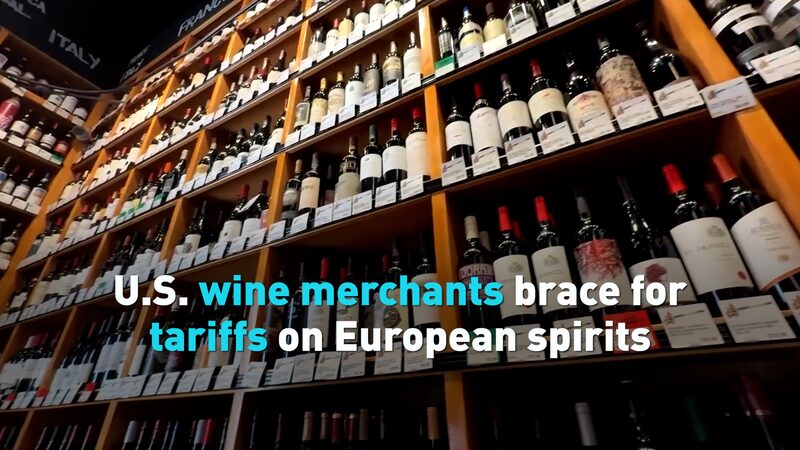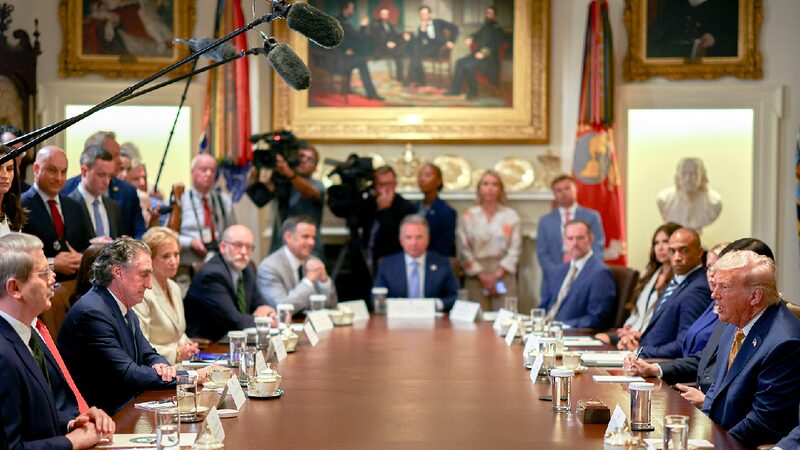As the deadline for new U.S. tariffs approaches, the nation’s restaurant industry is on high alert. With the Trump administration expected to impose reciprocal tariffs on a range of countries and end the temporary reprieve on levies for goods from Mexico and Canada, businesses that rely on imported food and beverages are bracing for significant impacts.
The hospitality sector, which depends heavily on international suppliers for key ingredients and beverages, could face rising costs and supply chain disruptions. Many restaurants fear that increased tariffs will lead to higher prices for essential items like produce, seafood, wines, and spirits, directly affecting their bottom lines and potentially driving up menu prices for consumers.
“Our menu features dishes that require specialty ingredients from abroad,” said Maria Lopez, owner of a popular seafood restaurant in Los Angeles. “If tariffs increase the cost of these imports, we’ll have to make tough decisions—either raise our prices or find alternative suppliers, which might compromise the quality our customers expect.”
Small and independent restaurants may feel the squeeze more acutely than large chains, as they often lack the purchasing power to absorb increased costs. The uncertainty is causing anxiety throughout the industry, with some businesses postponing expansion plans or investments until there’s more clarity on trade policies.
Industry experts warn that the tariffs could have a ripple effect, not just on restaurants but also on farmers, distributors, and other sectors connected to hospitality. “It’s a complex web,” explained Mark Thompson, an economist specializing in trade and hospitality. “Tariffs disrupt the flow of goods, and that can lead to job losses and decreased consumer spending in the long run.”
As the situation unfolds, restaurants are exploring strategies to mitigate the impact, such as adjusting menus to feature more locally sourced ingredients or negotiating with suppliers. However, with just over a week before the tariffs are set to take effect, time is running short for businesses to adapt.
“We hope for a resolution that considers the challenges faced by small businesses,” added Lopez. “Our priority is to continue providing great food and service to our community without compromising on quality or value.”
Reference(s):
cgtn.com








